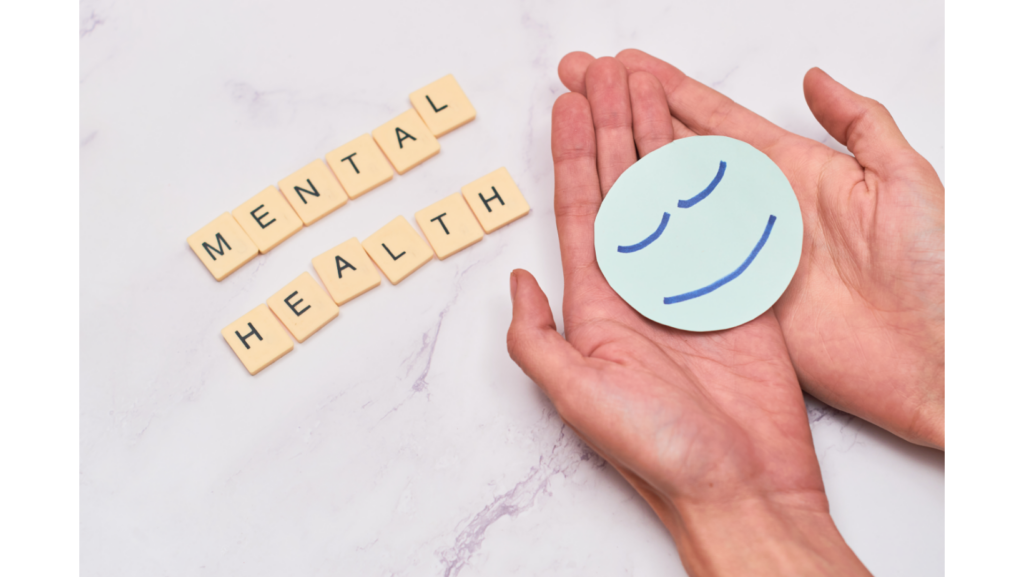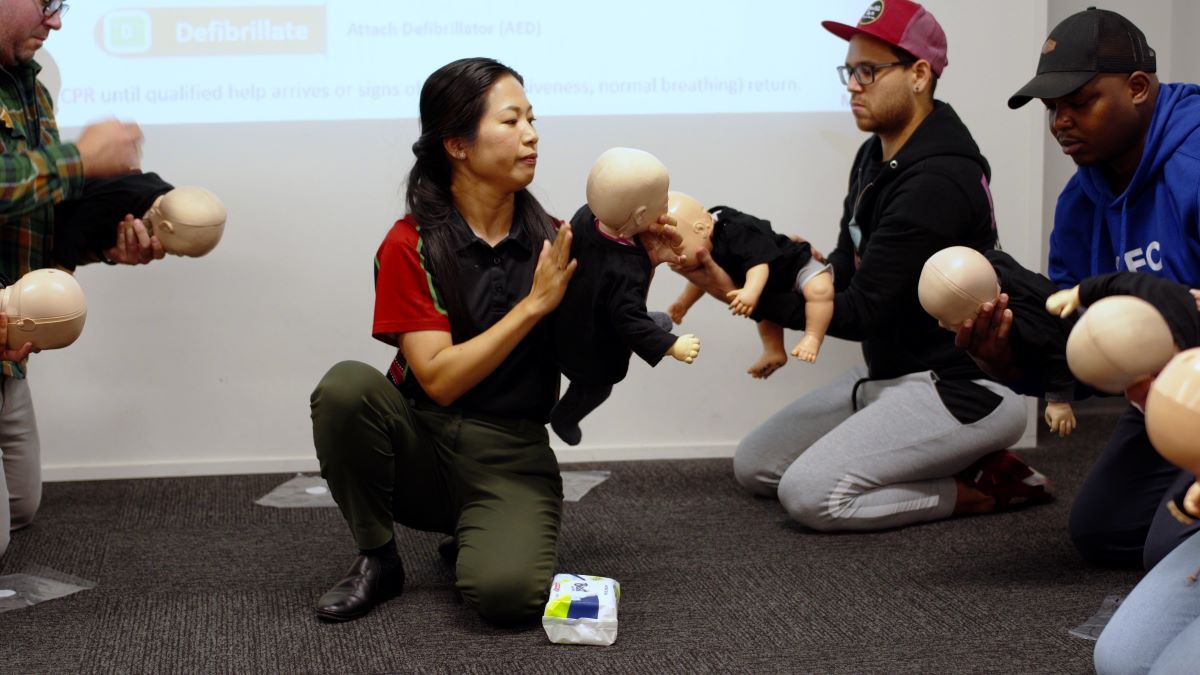Despite recent advances in understanding depression and other mental illnesses, the sad truth is that mental health is still sometimes stigmatised.
Stigma is a form of stereotype where people view a person negatively because of certain distinguishing characteristics or traits – often those associated with disadvantage. Even in today’s political climate, negative belief and attitudes toward mental health conditions and those who struggle with them are still common.
Misconceptions about mental illness can be a common cause of such stigma, and can give rise significant problems. But what can we do to combat the stigma of mental health – both in our own thinking, and in those around us?
Let’s have a look at some of the misunderstandings about mental illness, the affects that such stigma has, and what we can do to help.
The Negative Effect of Stigma
Mental health stigma is a real issue for our society. Wrong beliefs about mental health may lead to situations where people with mental illness don’t receive the treatment they need.
The reality is that mental health stigma can have a very wide impact. It can lead to discrimination, which can be subtle and unintended, or sometimes open and blatant. Sometimes people with a mental condition can find themselves isolated because people assume that they are unstable, violent, or dangerous. Such behaviour can even lead people with mental illness to have a highly negative and unwarranted view of themselves.
The negative perception surrounding mental illness comes from a lack of understanding of these conditions and what it means to struggle with them.
Here are some of the harmful, long-term effects of stigma:
- Reluctance to seek treatment
- Fewer opportunities in work, school, and community
- Bullying and harassment
- Being misunderstood by family, friends, and others
- Feelings of shame and isolation
- A sense of hopelessness
Removing the stigma around mental health is essential because many people are reluctant to ask for help and go years without treatment.
4 Ways to Fight Stigma
Get help
Encourage those who struggle with mental health issues to seek help. Let them know that seeking treatment from professionals is the best way to deal with their condition. Do not let the fear of other people putting “labels” prevent them from getting the assistance they need. Treatment is vital to reducing the impact of mental health on a person’s work and personal life, and potentially getting on the road to recovery.
Always remember always to be kind and gentle when encouraging someone to seek professional treatment. It is not easy to ask for help, and it takes a lot of courage to make that step.
Do not buy into “stigma.”
It is sometimes thought that mental illness is a sign of weakness. This is very, very wrong.
Many people view themselves too harshly because of the misconceptions around mental health. Try not to listen to negative comments from others – instead, seek sound advice and counselling, and try to be kind to yourself (and others). Find people who understand your condition, and can help by listening without judgement, providing some perspective, and promoting a positive self-image.
Get educated
Knowledge is power. By getting good education about various mental illnesses, symptoms, and treatment, you can gain a better perspective of your own mental health struggles, and help to slowly eradicate the stigma surrounding it. Getting accurate information about mental health conditions is the first step towards De-stigmatization – and emotional wellness!
Consider getting a Mental Health First Aid course and learn how to help a person in a mental health crisis. Remember that like physical disorder, mental illness can requires first aid – when someone intervenes in a mental health crisis. Mental health first aid training can give you facts to replace the rumours and misunderstandings around these conditions.
Use the right words
When talking about mental health, the words you use matter a lot. The wrong words can have a very negative impact on a person with a mental disorder.
Avoid using derogatory and hurtful words and slang terms like “crazy”, “nuts”, or “weirdo”. Don’t talk about “the mentally ill”, as this suggests their condition is innately linked to them. Instead use phrases like “people with mental illness” – it’s a condition they’re suffering from, not a part of their personality. These simple changes to the way you speak can make a big difference, as it recognises that their identity is quite separate to their condition.
Conclusion
Mental health stigma can often prevent people from seeking help. If left without treatment, the person’s condition can negatively impact them and the people around them, and potentially grow worse.
If you’re struggling with mental illness, getting the right information about your condition and understanding what it means for you is the first step towards good mental health.
If friends, family, or colleagues around you suffer from mental health issues, it’s important to have accurate information about those issues, and be able to support the person and help them overcome the harmful effects of mental illness – and the stigma that surrounds it.
First Aid Pro offers a Mental Health First Aid course that can help. Gain a better understanding of mental health, and help reduce the stigma that keeps people from speaking up and getting help. Learn to understand, identify, and respond to a mental crisis in an MHFA course.








